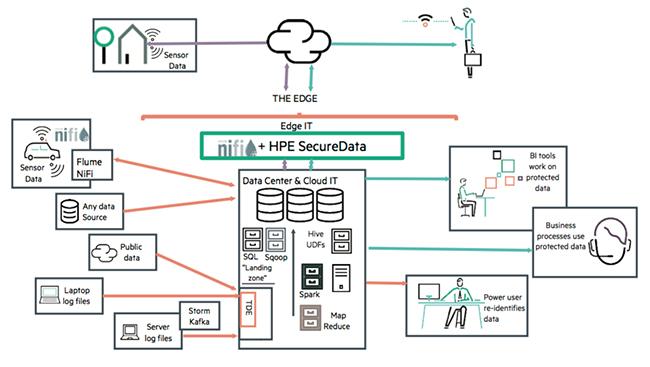Analyzing the Competitive Global Big Data Security Market Share

An analysis of the global Big Data Security Market Share reveals a dynamic and multifaceted competitive landscape populated by a diverse array of players, including established cybersecurity stalwarts, major IT and database infrastructure providers, dominant cloud hyperscalers, and a vibrant ecosystem of specialized startups. The market is not a monolith controlled by a single entity; rather, market share is distributed among these different categories, each leveraging its unique strengths to capture a piece of this lucrative pie. At the top end, traditional cybersecurity and enterprise IT giants like IBM, Oracle, McAfee, and Hewlett Packard Enterprise command a significant share. Their advantage lies in their long-standing relationships with large enterprises, extensive global sales and support networks, and comprehensive, integrated security portfolios that can address a wide spectrum of security needs, from the data center to the cloud. These incumbents often appeal to risk-averse organizations seeking a trusted, single-source provider for their complex security requirements, allowing them to maintain a strong foothold in the market.
The market share held by these large, established vendors is built upon decades of experience in enterprise data management and security. Companies like IBM and Oracle, for example, leverage their deep roots in the database and data warehousing world to offer security solutions that are tightly integrated with their core data platforms. This includes robust capabilities for identity and access management (IAM), data encryption and masking, and security auditing that are specifically designed to work within their ecosystems, creating a sticky customer base. Their ability to bundle security features with their broader data management and analytics offerings provides a compelling value proposition for their existing clients. Similarly, traditional security vendors have adapted their flagship products to the big data context, offering enterprise-grade firewalls, intrusion prevention systems, and security information and event management (SIEM) platforms that have been scaled and optimized to handle the high volume and velocity of data generated by big data environments, thus securing their significant market position within their large enterprise client base.
The most profound disruption to the traditional market share dynamics is coming from two powerful forces: cloud hyperscalers and innovative, specialized startups. The major cloud providers—Amazon Web Services (AWS), Microsoft Azure, and Google Cloud Platform (GCP)—have become dominant players in the big data security market by default. As an ever-increasing majority of big data workloads are deployed on their platforms, these hyperscalers are capturing a massive and growing market share by offering a suite of native, deeply integrated, and easy-to-consume security services. Offerings like AWS Macie for data discovery and classification, Azure Purview for data governance, and Google Cloud's robust IAM controls provide a seamless and often more efficient way to secure data residing in their cloud ecosystems. In parallel, a wave of nimble and innovative startups is also capturing market share by addressing specific, complex challenges that larger vendors may overlook. These startups offer cutting-edge solutions for areas like user and entity behavior analytics (UEBA) in Hadoop and Spark environments, automated data discovery and tagging across multi-cloud data lakes, and privacy-preserving analytics, creating a dynamic and highly competitive field where both scale and specialization are viable paths to securing a significant share of the market.
- Art
- Causes
- Crafts
- Dance
- Drinks
- Film
- Fitness
- Food
- الألعاب
- Gardening
- Health
- الرئيسية
- Literature
- Music
- Networking
- أخرى
- Party
- Religion
- Shopping
- Sports
- Theater
- Wellness



